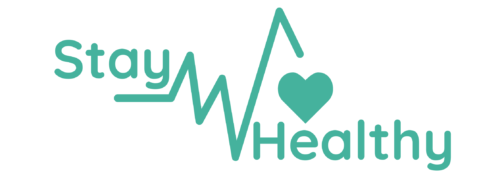When writing a how-to guide, remember that people often skim instructions. They may pay more attention to introductions and summaries or bolded, underlined or highlighted text.
Alternative health services include:
- Naturopathic and Chinese medicine, botanical medicines and homeopathy.
- Mind-body therapies like meditation and yoga.
- Manipulative and body-based therapies like reflexology and chiropractic.
Contents
Homeopathy
Homeopathy is a system of alternative medicine based on principles developed in 1796 by Samuel Hahnemann, a German physician. One of these is the principle that “like cures like.” When a homeopathic doctor prescribes a medicine for an illness, it is usually made from plants (such as red onion or stinging nettle), minerals (such as sulfur), animal products, such as crushed bees, or other chemicals.
The medicine is prepared by diluting and shaking the substance, a process called succussion. The resulting remedy is then given to the patient in a very small dose, which, according to homeopathic theory, stimulates the body’s natural healing response.
In addition to treating illnesses and injuries, homeopathy treats chronic diseases such as fibromyalgia and rheumatoid arthritis. Homeopathic medicines are available in health food stores and pharmacies, and these types of health services Belvidere IL are often covered by medical insurance. However, some studies have found that the treatments may be less effective than a placebo.
Reflexology
Reflexology involves applying pressure on specific feet, hands or ear points. It can be used to treat a variety of injuries and illnesses, including stress, pain, and fatigue. Reflexology is often used with other therapies, such as massage and acupuncture.
The theory behind reflexology is that certain areas of the hands and feet correspond to organs, glands and systems of the body. Applying pressure to these reflex areas improves blood circulation and helps relieve tension and pain.
Practitioners believe that reflexology can help balance qi or energy. Qi is thought to be the life force that flows through the body. Reflexology can also reduce headaches and migraines by reducing stress and relaxing the muscles. It can also stimulate the adrenal glands to produce glucocorticoids, natural anti-inflammatory agents. The results of reflexology are usually seen within a few sessions and can be especially effective in treating chronic conditions. This therapy is also known to reduce stress and depression.
Yoga Therapy
Yoga therapy is a holistic practice that bridges the worlds of yoga and medicine. It can be used to treat a wide range of illnesses and injuries, from easing back pain to managing the side effects of chemotherapy.
Research has shown yogic practices have several health benefits, including decreasing anxiety and depression. In addition, they can help people feel more relaxed and centered. This is because yogic practices can increase the body’s GABA levels, which are important in controlling mood.
To become a certified yoga therapist, you must thoroughly know various medical conditions. This includes a basic understanding of how medications work, their interactions with different yoga techniques, and a familiarity with the multiple symptoms associated with each condition. You must also know how to instruct students according to their specific needs and limitations properly. Lastly, you must know how to use yoga as a supplement to other forms of treatment.
Nutritional Counseling
Nutritional counseling is a type of alternative health service that can be used to treat illnesses and injuries. It is also an effective treatment for weight loss and can help you maintain a healthy diet. It can also reduce fatigue and improve concentration. In addition, it can help you develop healthier eating habits that will last a lifetime.
A nutritional counselor will conduct a physical examination and determine your dietary needs. They will then create a diet plan that will meet those needs. You may be asked to complete a food frequency questionnaire to describe your typical eating patterns accurately.
This type of therapy is often covered by insurance but check with your provider before making an appointment. It is important to find a nutritional counselor that you trust and who has the right training and experience.



